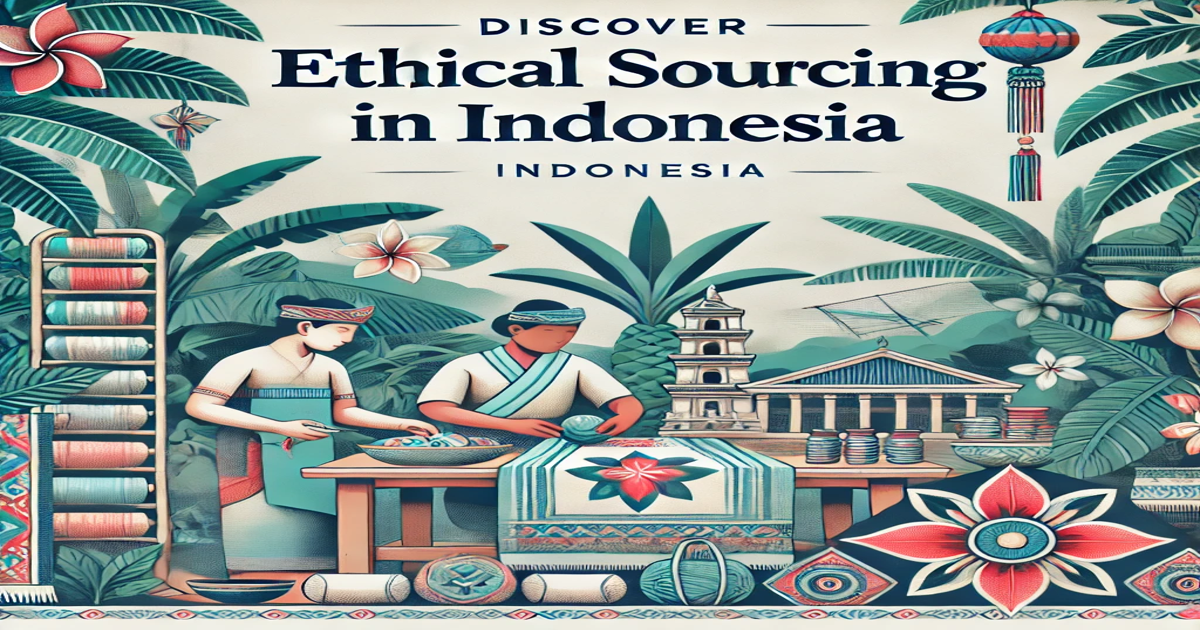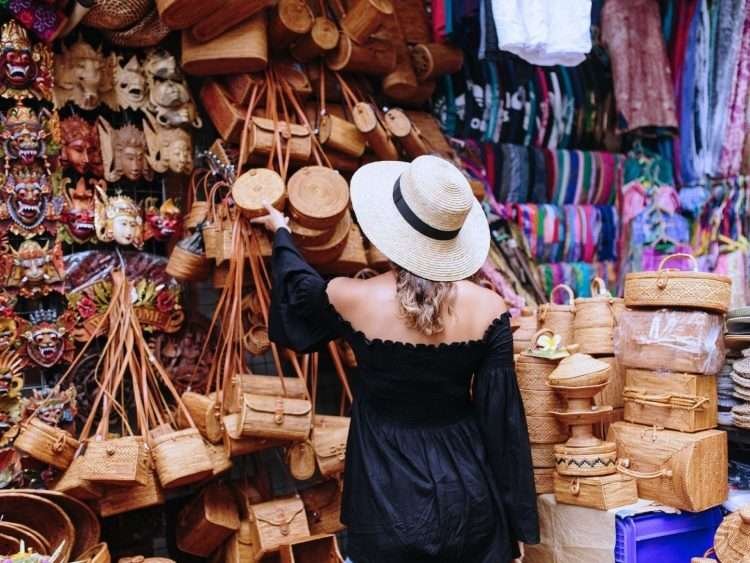Buying Handmade in Bali vs. Mass-Produced in China

Why Choosing Artisan Craft Matters
In the consumer goods market, it’s important to recognize the valuable differences between mass-produced products and buying handmade in Bali. While mass-produced goods, often manufactured in countries like China, may be more affordable, they frequently raise concerns regarding sustainability and ethical labor practices. This presents an opportunity for consumers to seek out alternatives that prioritize both the planet and people.
On the other hand, handcrafted items from Bali offer a compelling solution. These products are created with care and attention to detail by skilled artisans, using sustainable materials that support eco-friendly practices. Each handcrafted piece carries significant cultural value, representing a rich heritage that is often passed down through generations. By choosing these unique items, consumers not only enjoy beautifully made products but also contribute to the preservation of traditional craftsmanship and support the livelihoods of artisans. This shift in purchasing habits can foster a more sustainable and equitable market for everyone involved.
This article explores the five unique differences between these two types of purchases and why buying handmade in Bali brings you something far beyond just a product.
1. Mass Production vs. Artisan Craftsmanship
China: Products from China are often manufactured in large factories that utilize automation and standardized processes to meet high demands quickly. While this production model is efficient, it can result in repetitive designs and a reduction in craftsmanship.
Bali: In contrast, products from Bali are typically handmade by artisans who have developed their skills over generations. Each piece reflects personal attention, cultural heritage, and a commitment to quality.
2. Materials and Quality
China: Products are often made from synthetic materials, focusing on reducing costs and maximizing production speed. While this approach keeps prices low, the quality can vary.
Bali: Artisans in Bali typically use natural materials sourced locally, such as bamboo, rattan, and teak wood. This not only enhances the quality and durability of the products but also provides a natural beauty that mass-produced items cannot replicate.
3. Sustainability and Environmental Impact
China: Large-scale manufacturing frequently leads to environmental challenges, such as high carbon emissions and waste generated from synthetic materials.
Bali: Purchasing handmade products in Bali supports sustainable practices. Balinese artisans often use eco-friendly methods and local materials, which helps reduce waste and minimizes their environmental impact.
4. Supporting Communities vs. Supporting Corporations
China: While many workers are employed in factories in China, a large portion of the revenue tends to benefit corporations rather than the workers themselves.
Bali: When you purchase products from Bali, you directly support local artisans and their families. Your buying choices help sustain traditional crafts and improve the livelihoods of local communities, creating a positive impact that extends far beyond the products you buy.
5. Uniqueness and Cultural Value
China: Mass production often results in products that are identical, lacking uniqueness and cultural significance.
Bali: Each handmade product from Bali carries its own story. These items are not only functional but also serve as pieces of cultural expression, infused with Balinese artistry and meaning.
When you choose to buy handmade products from Bali, you are not only acquiring a unique, high-quality item but also supporting sustainable practices, preserving cultural heritage, and directly contributing to local communities. This small decision can make a significant impact.















